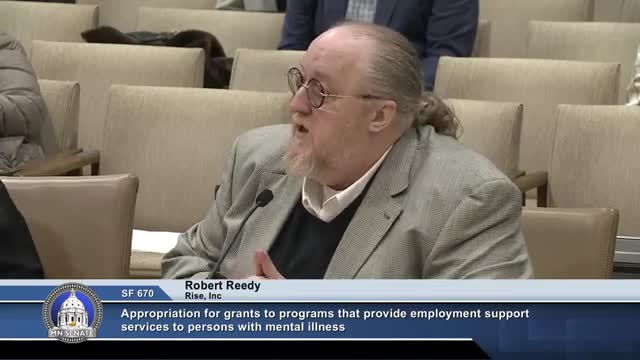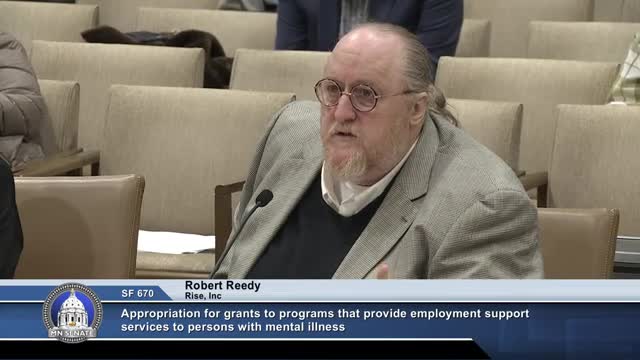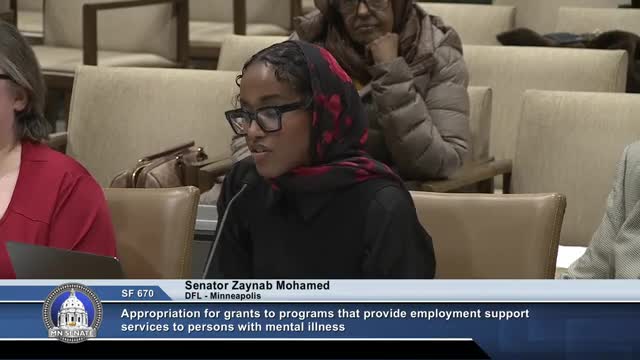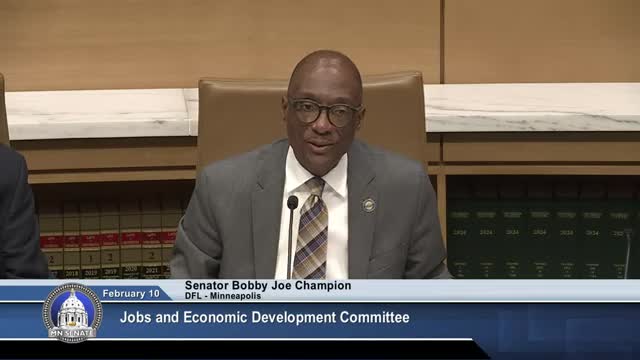Article not found
This article is no longer available. But don't worry—we've gathered other articles that discuss the same topic.

Big Brothers Big Sisters requests continued DEED funding to expand mentoring; agencies report 4,500 youth served and 1,000 on waitlist

Hired asks for continued career‑pathway and retention funding after prior appropriation placed 90–105 trainees into jobs

Lawmakers hear bipartisan bid to expand Father Project workforce and parenting services

Senators hear requests to make employment supports for people with serious mental illness permanent

Hmong American Partnership seeks $1.5 million from workforce development fund for training, lending and entrepreneurship supports

